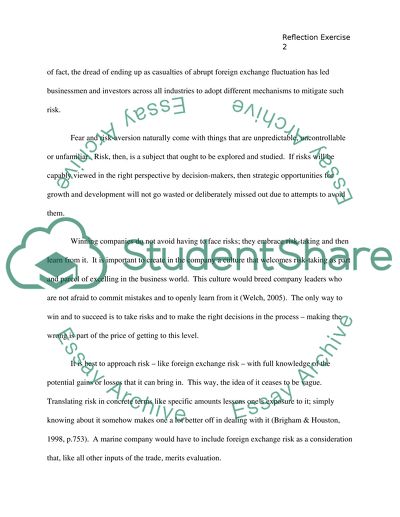Cite this document
(Marine Insurance Essay Example | Topics and Well Written Essays - 1500 words, n.d.)
Marine Insurance Essay Example | Topics and Well Written Essays - 1500 words. https://studentshare.org/finance-accounting/1556786-marine-finance-and-insurance-coursework-2
Marine Insurance Essay Example | Topics and Well Written Essays - 1500 words. https://studentshare.org/finance-accounting/1556786-marine-finance-and-insurance-coursework-2
(Marine Insurance Essay Example | Topics and Well Written Essays - 1500 Words)
Marine Insurance Essay Example | Topics and Well Written Essays - 1500 Words. https://studentshare.org/finance-accounting/1556786-marine-finance-and-insurance-coursework-2.
Marine Insurance Essay Example | Topics and Well Written Essays - 1500 Words. https://studentshare.org/finance-accounting/1556786-marine-finance-and-insurance-coursework-2.
“Marine Insurance Essay Example | Topics and Well Written Essays - 1500 Words”. https://studentshare.org/finance-accounting/1556786-marine-finance-and-insurance-coursework-2.


